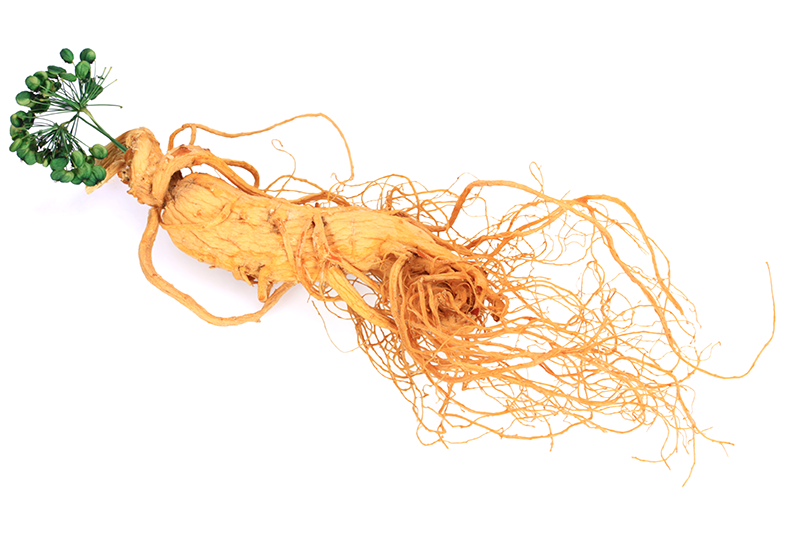
The benefits of ginseng are impressive, spanning from mental to physical well-being. Ginseng, a root revered for its remarkable health benefits, has been a cornerstone in traditional medicine worldwide, particularly in Asia and North America. Its adaptogenic qualities, which help the body resist different types of stress, have made it a popular supplement in today’s fast-paced world. Let’s delve into the multifaceted benefits of ginseng, its historical uses, the various forms it’s available in, how to incorporate it into your diet, and important considerations for its consumption.
Ginseng Benefits
Ginseng enhances cognitive functions, making it a go-to for improving concentration, memory, and mental clarity. On the physical side, it boosts energy levels and stamina, making it a favorite among athletes and those with demanding lifestyles. Additionally, ginseng contributes to immune system support and has been linked to potential benefits in regulating blood sugar levels and improving erectile dysfunction. Its antioxidant properties also play a role in combating inflammation and protecting against oxidative stress.
Ginseng Historical Uses
Historically, ginseng has been a gem in the crown of traditional Chinese medicine for millennia, prized for its ability to restore and enhance well-being. It was used to increase energy, stamina, and especially longevity. Native Americans also recognized ginseng’s value, using it to support digestion and treat fevers. Across different cultures, ginseng has been a symbol of divine harmony and a medium for physical and spiritual balance, illustrating its revered status in the annals of medicinal history.
In What Forms Does Ginseng Come In?
It’s easy to reap the benefits of ginseng because it’s available in many forms.
- Tea: Tea is a soothing way to enjoy ginseng, and its warmth enhances its natural qualities.
- Capsules: These capsules provide a convenient, straightforward method of incorporating ginseng into your daily routine, ideal for those on the go.
- Powders: These can be mixed into smoothies, juices, or water for a quick and easy wellness boost.
- Slices: Ginseng root can be thinly sliced and added to dishes or steeped in hot water to make tea.
This variety ensures a ginseng option for everyone, whether looking for a quick capsule or a leisurely tea.
How to Take Ginseng
The best way to take ginseng depends on your chosen form and personal health goals. Steeping in hot water for several minutes for teas and slices allows the active components to infuse into the liquid. Capsules and powders usually come with recommended dosages from the manufacturer, which are essential to follow for optimal benefits. Incorporating ginseng into your daily routine can be a simple addition that yields significant health dividends.
Who Should Not Take Ginseng
While ginseng is beneficial for many, it’s not suitable for everyone. Pregnant or breastfeeding women should avoid ginseng due to insufficient research on its safety in these populations. Those with hormone-sensitive conditions, such as breast cancer, might also want to steer clear, as ginseng can mimic estrogen. Additionally, individuals on medications for diabetes, blood thinning, or immune system suppression should consult a healthcare provider before taking ginseng due to potential interactions.
Enjoy the Benefits of Ginseng
Ginseng’s enduring popularity is a testament to its broad health benefits, from enhancing mental acuity and physical endurance to supporting overall well-being. With its rich historical background and availability in various forms, ginseng offers a flexible and powerful way to enhance your health regimen. However, understanding how to use it safely and recognizing who should avoid it are crucial steps to harnessing ginseng’s potential without adverse effects. By navigating its use with informed care, ginseng can be a valuable ally in your journey toward holistic health.

Use Coupon Code: FREE
*Sorry, coupons can't be combined.